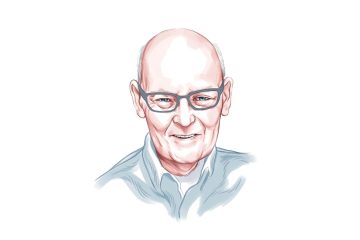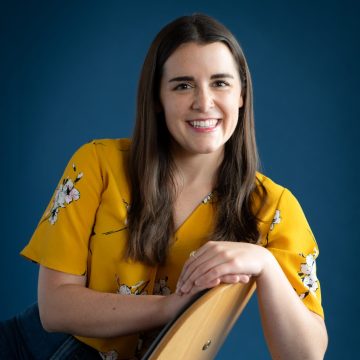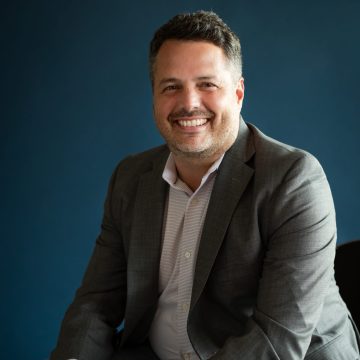Story
David Simondet
Fellowship: 40 Years Out

“I think the best outcome of the Bush Fellowship is that it gave me encouragement to step beyond my comfort zone and do things that I had thought about but felt uncomfortable attempting.”
When David Simondet became a Bush Fellow in 1978, he was the chief of police in Bemidji, an adjunct professor of criminal justice at Bemidji State, and a graduate student in the counseling program. Through the Fellowship, he dove deeper into crime prevention techniques and focused on gaining the skills to ensure law enforcement truly served their communities. While he later moved on to counseling and outreach programming, the same passion for community that first earned him the Bush Fellowship never went away.
What made you consider applying for the Fellowship?
To be honest, I did not think that I had a chance at winning, but it was about that time in my life when I knew that it was important to expand my horizons and increase my learning opportunities. I had hoped that I would develop new leadership skills and that the Fellowship would help determine if I wanted to stay in police work or try to use those skills in another line or endeavor.
What aspect of the Fellowship did you find most valuable?
I think the best outcome of the Bush Fellowship is that it gave me encouragement to step beyond my comfort zone and do things that I had thought about but felt uncomfortable attempting. For instance, I received a master’s degree in counseling while in my police job and later used those learned skills in a part-time job counseling chemical dependency clients. At the age of 76, I received another master’s degree in gerontology at the same time as I was managing the Whitney Without Walls Program, an outreach program from the Whitney Senior Center in St. Cloud.
Illustration by Allegra Lockstadt
Continue reading
-

News
Opportunity to work with us
As part of our office move later this year, we are exploring possibilities for the build out of the ground floor of the building. We are in the early stages of this and considering different types of operating models and potential partnerships.
-

Staff note
Coordinating the work of our contact hub
We aim to be radically open in all that we do, and that includes being more accessible to more people and sharing what we learn along the way.
-

Staff note
Making every dollar work through impact investing
We have benefitted from the experience of other funders as we developed our impact investing approach. Now we are paying it forward and sharing what we have done and what we have learned.